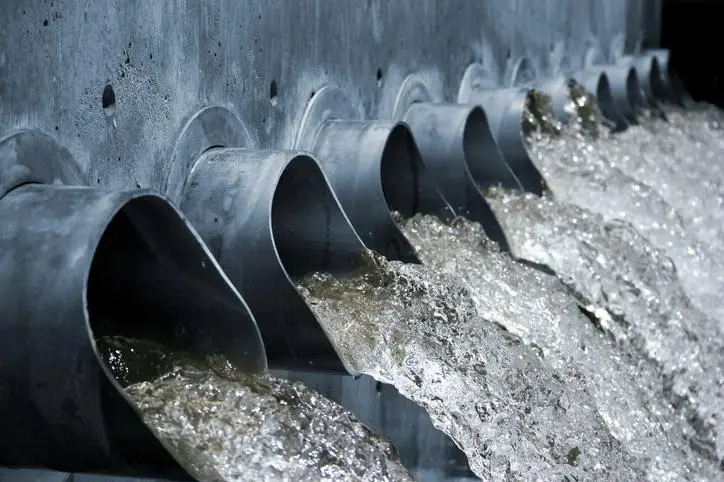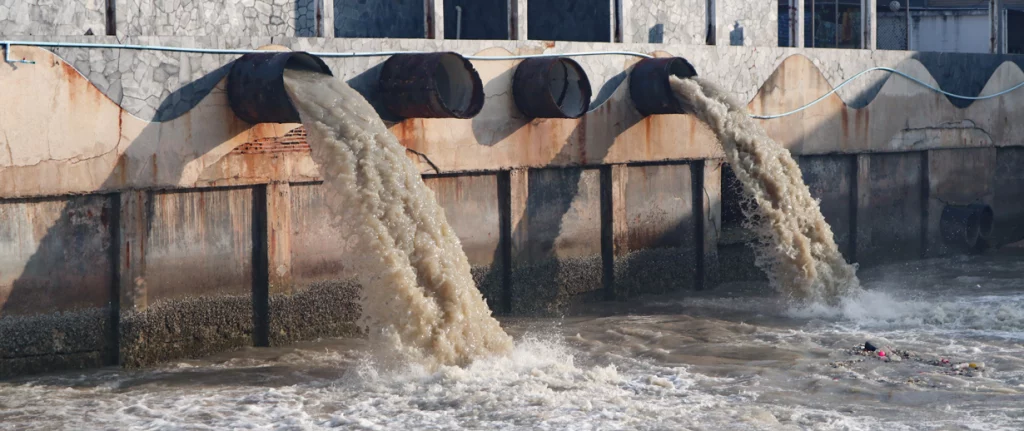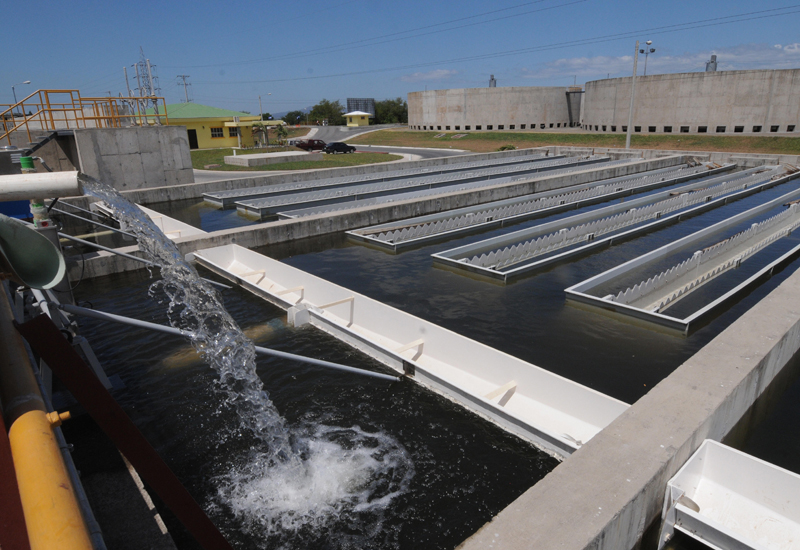Water and Waste water in Saudi Arabia: Challenges, Solutions, and Industry Contributions

Saudi Arabia, with its arid climate and minimal freshwater resources, faces significant challenges in managing its water supply and waste water treatment. As the country continues to grow in population and urbanization, the demand for water has surged, making efficient water management a critical priority. This article explores the current state of Water and waste water in Saudi Arabia, the technologies employed, and the role of various industries, such as Steel Fabrication , in addressing these challenges.
The Water Crisis in Saudi Arabia
Saudi Arabia is one of the driest countries in the world in Water and waste water in saudi arabia, with very little natural freshwater available. The vast majority of its water comes from two sources: desalination and underground aquifers. Desalination plants convert seawater into drinkable water, while aquifers, which are largely non-renewable, supply freshwater for agricultural and industrial uses.
Due to the lack of surface water, Saudi Arabia has invested heavily in desalination technology. The country is a global leader in desalinated water production, operating some of the largest desalination plants in the world, particularly along the Red Sea and Arabian Gulf. Despite this, the reliance on desalination makes the country vulnerable to energy costs and environmental impacts, which have driven the need for further innovations in water and waste water management.
Waste water Management in Saudi Arabia
In addition to providing potable water, managing Water and waste water in saudi arabia is another significant challenge for Saudi Arabia. Rapid urbanization has resulted in increased waste water production, necessitating the development of sophisticated infrastructure to treat and reuse waste water. Recycled water is especially crucial for irrigation and industrial uses, reducing the burden on freshwater resources.
To address these challenges, Saudi Arabia has developed a comprehensive national strategy for waste water management. The National Water Company (NWC), which oversees the country’s water distribution and waste water treatment, has undertaken numerous projects to expand the capacity of waste water treatment plants. These plants treat waste water to a high standard, allowing it to be safely reused for non-potable purposes, such as irrigation, industrial cooling, and even landscape irrigation.
Saudi Steel Pipe Bending Factory is one of the leading companies in the Kingdom specializing in the manufacturing and bending of steel pipes to meet the needs of various construction and petrochemical industries.


Steel Fabrication and Infrastructure Development
The expansion of desalination plants and Water and waste water in saudi arabia treatment facilities requires a strong infrastructure foundation. This is where industries like steel fabrication come into play. Steel, particularly Stainless Steel , plays a critical role in the construction of pipelines, tanks, and other critical infrastructure used in water and waste water systems.
Steel manufacturing companies, including steel fabrication companies in Saudi Arabia, provide the materials needed for building desalination plants, waste water treatment plants, and water distribution networks. Stainless steel, in particular, is used in the construction of pipes, valves, and tanks because of its resistance to corrosion, especially in saline environments.
As the demand for water treatment and infrastructure grows, the role of fabrication companies in Saudi Arabia becomes even more important. These companies specialize in steel fabrication and metal fabrication ,which are crucial for ensuring the durability and reliability of water-related infrastructure.
The Role of Instrumentation Tools and Equipment
In addition to the physical infrastructure, the proper functioning of Water and waste water in saudi arabia treatment systems relies heavily on instrumentation tools and automation. Monitoring and controlling the processes within desalination plants and wastewater treatment facilities require precision instruments and systems to measure parameters such as pressure, flow rates, and water quality.
Companies like swagelok saudi arabia provide the specialized instrumentation tools and components needed for these systems. Swagelok, known for its high-quality valves, fittings, and hoses, plays a vital role in ensuring that water treatment systems operate smoothly and efficiently. These tools are critical for maintaining the safety and efficiency of water distribution networks and treatment plants across the country.
Moreover, the availability of a reliable pipe supplier in Saudi Arabia ensures that the right pipes and connectors are used in the construction of these plants. The choice of materials, such as stainless steel and high-performance alloys, is essential to withstand the harsh operating conditions and ensure longevity.

Shoring and Excavation for Water Infrastructure
Building desalination plants and wastewater treatment facilities often involves large-scale excavation and construction. The process of shoring excavation, which involves stabilizing the ground during construction, is crucial to ensure the safety of workers and the integrity of the infrastructure. Companies specializing in trench boxes and shoring excavation equipment are essential to protect construction sites and provide the necessary structural support during the building of water-related infrastructure.
The use of high-quality materials such as steel plates for shoring and trenching is common in Saudi Arabia. Steel plate price in Saudi Arabia is a key consideration for contractors who need to balance cost with performance, especially when constructing large-scale water management infrastructure.
Structural Steel Suppliers and Water Infrastructure
The need for robust structural steel to support water and waste water infrastructure in Saudi Arabia cannot be overstated. Structural Steel suppliers in saudi arabia provide the materials necessary for building the framework of desalination plants, wastewater treatment facilities, and water distribution networks. The structural integrity of these facilities is vital to withstand the harsh environmental conditions and the pressures of high-demand water systems.
Saudi Arabia’s steel industry plays a pivotal role in supporting the nation’s water management strategy. As the demand for water treatment and distribution continues to grow, so too does the need for durable and reliable steel solutions.
The Future of Water and Wastewater Management in Saudi Arabia
Looking ahead, Saudi Arabia continues to focus on the development of sustainable solutions for water and waste water management. In line with its Vision 2030, the country is investing in technologies that will reduce water consumption, increase the efficiency of water treatment, and promote the reuse of wastewater.
The water sector will continue to rely heavily on innovations in steel fabrication, instrumentation tools, and water infrastructure development. As the demand for water grows, industries involved in steel Manufacturing and wastewater treatment will be essential in helping Saudi Arabia meet its water and environmental goals.
The challenges of managing water and waste water in Saudi Arabia are vast, but the country has made significant strides in tackling these issues through innovative technologies and infrastructure projects. The role of industries such as steel fabrication, stainless steel, instrumentation tools, and shoring excavation cannot be overlooked. These industries contribute significantly to the development of infrastructure that ensures the sustainable management of water resources in one of the world’s driest regions. With continued investment in both technology and industrial capacity, Saudi Arabia is well-positioned to meet its future water needs.


